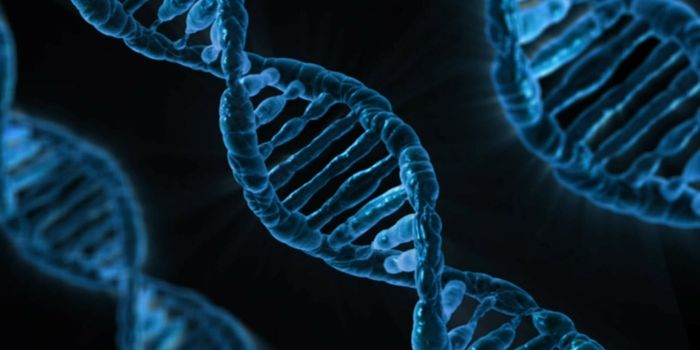Genetic Risk may be Causing the Rise of Colorectal Cancer in the Young
Colorectal cancer is on the rise among young people, and researchers are working to learn what is behind the increase. Scientists at the University of Michigan have discovered that a genetic defect increases the risk of colorectal cancer in 20 percent of young people who are diagnosed with the disease. That is an exponentially higher percentage than what’s observed in people who get diagnosed after the age of 50. Because those young people have not had family histories that indicated a likelihood of cancer, there had not been prior genetic testing.
Usually, colon cancer patients that have a family history of that cancer, or of particular tumors, are the ones who get genetic testing. This work expanded the scope of that assessment. This study, which was reported in the journal Gastroenterology, assessed genetic data from 430 people under age 50 who received colorectal cancer treatment at the U-M Comprehensive Cancer Center between 1998 and 2015.
"Usually when someone is diagnosed with cancer, if there's no family history of cancer we think the likelihood of an inherited factor is small," explained Elena Stoffel, M.D. M.P.H., an Assistant Professor of Internal Medicine at the University of Michigan Medical School and Director of the Cancer Genetics Clinic at the U-M Comprehensive Cancer Center.
"But our study suggests that even in the absence of a family history of cancer, the prevalence of inherited factors is so high in young colorectal cancer patients that it makes sense to test everyone, as these heritable alterations can impact their care as well as the care of their family members."
Stoffel noted that this study has revealed shortcomings in algorithms that are used to identify those who could benefit from genetic testing. "I think what we're finding is the people we used to test in the past were probably the tip of the iceberg," continued Stoffel. "And that there are many other people who may not meet those strict criteria, who are actually at high risk."
"From a public health standpoint, characterizing the genetic contribution to these often deadly cancers is a vital first step in the design of prevention and screening strategies to identify those at highest risk," said the co-author of the report, Laura Rozek, Associate Professor of Environmental Health Sciences and Nutritional Sciences at U-M's School of Public Health.
Convincing insurance companies that patients need this testing will be another hurdle. They often require patients to have family histories of colon cancer that span generations and include multiple individuals.
"Requiring those criteria in young people means that you're going to miss people," said Stoffel. "Missing inherited alterations in young people arguably [have] a larger impact because of the opportunity to prevent cancers in their at-risk relatives."
Multigene panel testing that has a wide range of coverage to find many possible genetic mutations leading to colorectal cancer can cost patients anywhere from $300 to $2,000; insurers will not usually pay for it.
"We're caught in that time frame between where the technology has advanced to the certain point where our tests are now better than they used to be," noted Stoffel. "The insurers are not covering the new technology because they consider it experimental."
Insurance companies have a standard of proof; new technology must be better than the old technology, said Stoffel. Several studies have now been published that indicate that more testing will reveal more mutations. Next, an impact on morbidity and mortality has to be proven to them.
"I think whenever we see a patient with colorectal cancer we should be asking why did this person develop cancer," said Stoffel. "We know that in most cases it's just plain bad luck, but we always need to look at a patient's family history, and in young people, consideration of the possibility of an inherited condition should always be there even if there is no family history of cancer. With early intervention, we can prevent future cancers in these patients as well as cancers in their relatives."
Hear about the experience of being diagnosed with colon cancer at a young age; the above video is presented by Columbia University Department of Surgery.
Sources: AAAS/Eurekalert! Via Michigan Medicine, Gastroenterology









